
Geography
Costa Blanca, also known as “the white coast,” is a popular coastal region in eastern Spain that runs along the Mediterranean. Costa Blanca is located in Alicante province and spans 200 kilometers from Denia in the north to Pilar de la Horadada in the south. Alicante is the province’s largest and most well-known city, lying in the heart of Costa Blanca and separating the northern and southern parts of Costa Blanca.
Transportation
The primary airport In Costa Blanca is in Alicante, and it is shared with the nearby city of Elche. It is approximately 15 minutes south of Alicante. The airport has a capacity of 20 million passengers per year and is designed internationally. The airport has direct flights to most of Norway’s major cities; the flight duration from Oslo to Alicante is about 3 hours, and there are daily flights from here. On the seaside, the road system is well-developed. The AP-7 highway and the N-332 beach road are the main automotive routes along Costa Blanca. There are also high-speed trains from Alicante to Madrid that take only 2 hours and 15 minutes.

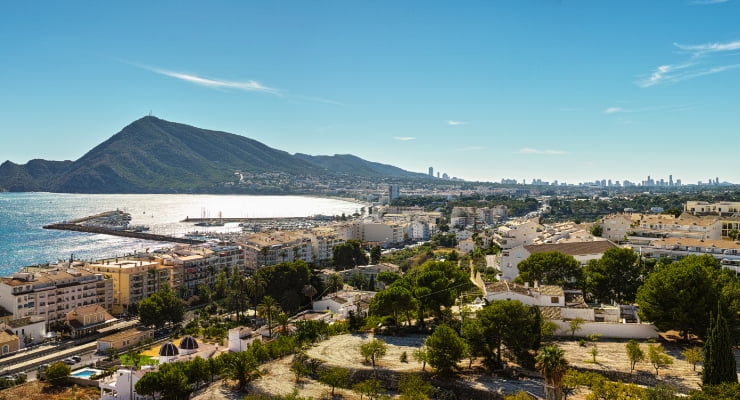
Climate and health
One of the most important factors contributing to Costa Blanca’s popularity is its climate. There are around 320 days of sunshine each year and consistent temperatures. During the day, temperatures rarely exceed 32 degrees Celsius in the hottest months and rarely fall below 15 degrees Celsius in the coldest months. Costa Blanca has one of the world’s most suitable microclimates due to its mild climate, sun, salt lakes, and high mineral content in the air. Costa Blanca is one of the healthiest areas to live in the world, according to the World Health Organization (WHO). Many individuals come here to seek treatment for a variety of conditions, including skin disorders, lung diseases, skin ailments, rheumatism, and other joint problems. From Denia you can take the ferry over to the Balearic archipelago.
Nature and surroundings
Costa Blanca is a lengthy stretch of land with a diverse landscape. The northern part of the island is hillier, with high mountains along the coast. The north has lush and green scenery, as well as numerous lovely natural areas. The mountains are further away from the coast in the southern half of the Costa Banca. This results in a landscape that is flatter and more open. Because of the distance from the mountains, there is less precipitation and more consistent sun conditions. Many nature areas and numerous larger salt lakes may also be found in the south, with abundant animal and birdlife. Several magnificent and long sandy beaches may be found in the southern area of Costa Blanca.
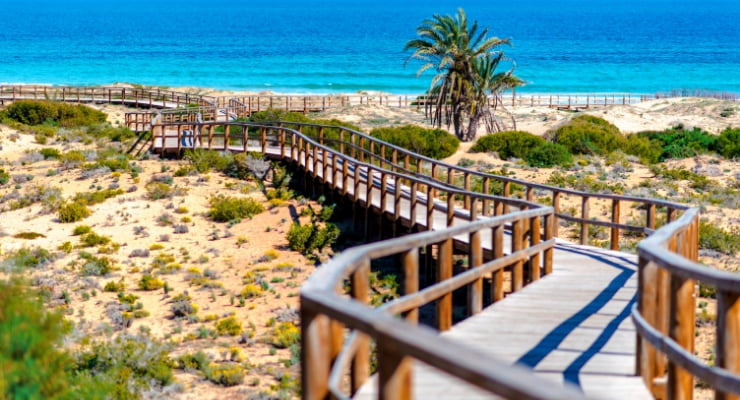
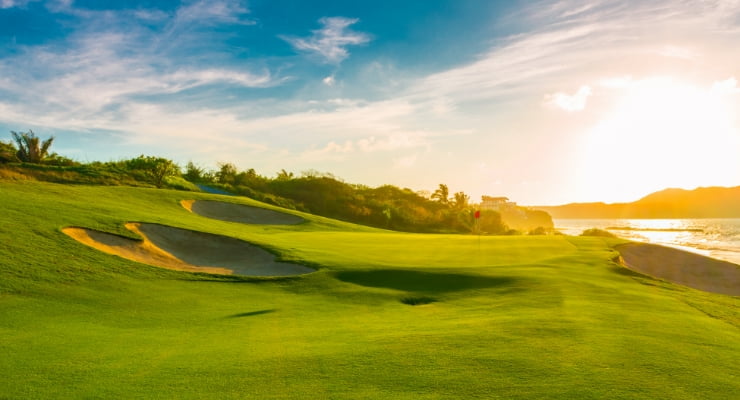
Sports and activities
Costa Blanca’s nice climate and consistent weather make it a popular destination for a variety of outdoor activities. The coastline offers a large number of excellent golf courses, making it a popular destination for devoted golfers. You can play golf in excellent conditions all year long here. Golf’s peak seasons are March to May and September to November. Cyclists make up a sizable portion of Costa Blanca’s population. This is a cyclist’s paradise, with a well-developed road network that runs the length of the coast and varied, stunning topography. Padel tennis is a fast-growing European sport with roots in Spain. In Costa Blanca you will find many Padel facilities, several of which are outdoors. An inviting coastline with miles of beautiful sandy beaches also offers good conditions for, among other things, surfing and kiting. For hikers, there are beautiful natural areas along the entire coast.
Food, wine and culture
Spanish cuisine is simple to enjoy. In Spanish culture, food and wine are extremely important. Meals prepared with high-quality short-distance ingredients are available in Costa Blanca. There are plenty of wonderful hams, cheeses, meats, fish, wines, fruits, and vegetables in the grocery store and at local markets. Restaurants and cafes can be located on almost every street corner, and you may dine outside all year. Eating out is relatively affordable when compared to Norwegian prices. In the province of Alicante, there are various vineyards or “Bodegas” that visitors can visit if they are interested in wine. These can be seen inland after a short trip. The supermarkets have a large assortment of local wines to pick from.
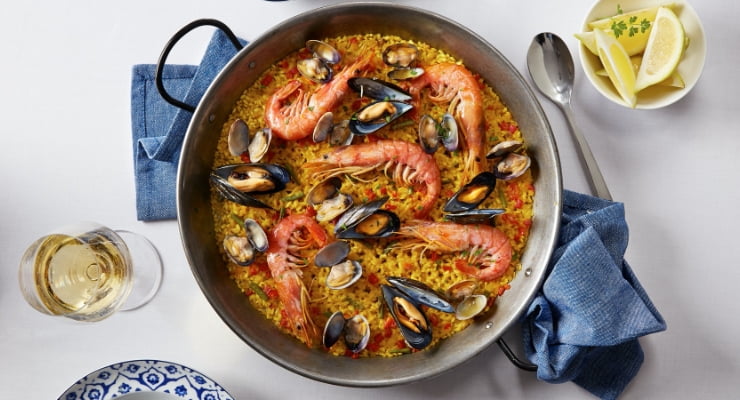
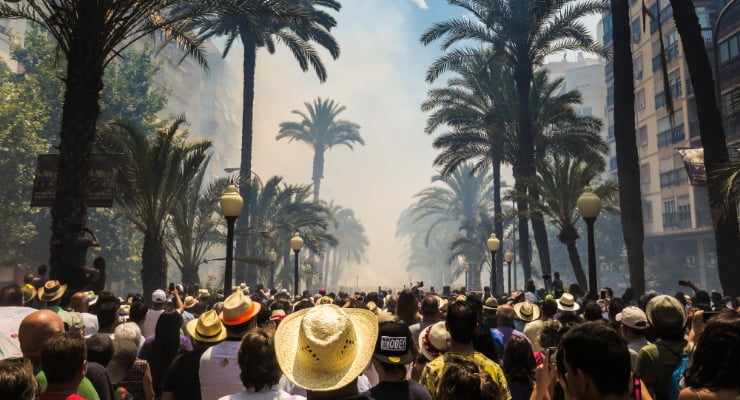
Fiestas
Holidays and local festivities (fiestas) are important to Spaniards. Various outdoor activities and extended processions with costumes and music are held during the most major holidays. The most important holidays in the country are Christmas, Three Kings Day, and Easter. The Spaniards gather outside to celebrate on these days. The province’s main local fiesta, “Hougueras de Alicante,” takes place in Alicante in mid-to late-June. From early dawn to late at night, there is a state of emergency in the city for the fiesta for five days. Spectacular fireworks, concerts, and spectacles are all part of the festivity, which culminates on the last night with the burning of enormous statues.
Make your request
Contact us
Calle Mayor, 11, 03188, La Mata, Torrevieja (Alicante)
info@esentyaestate.com
+34 601 614 830

